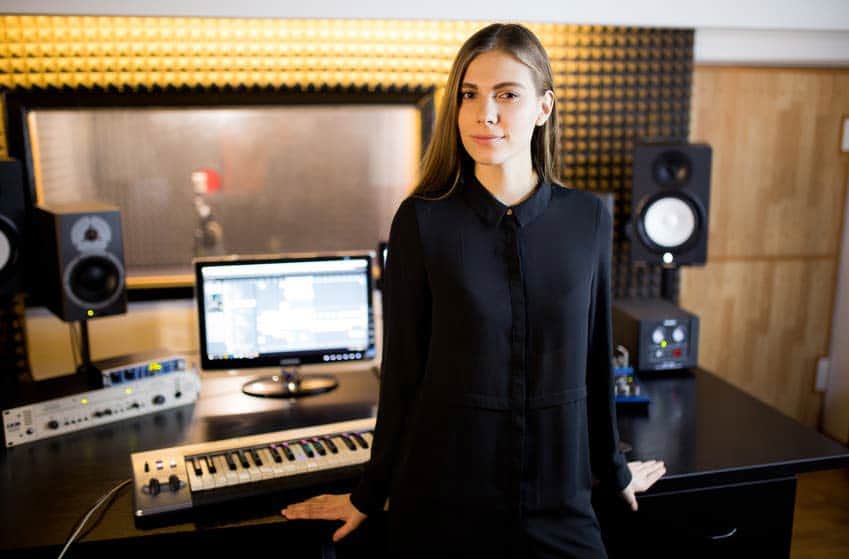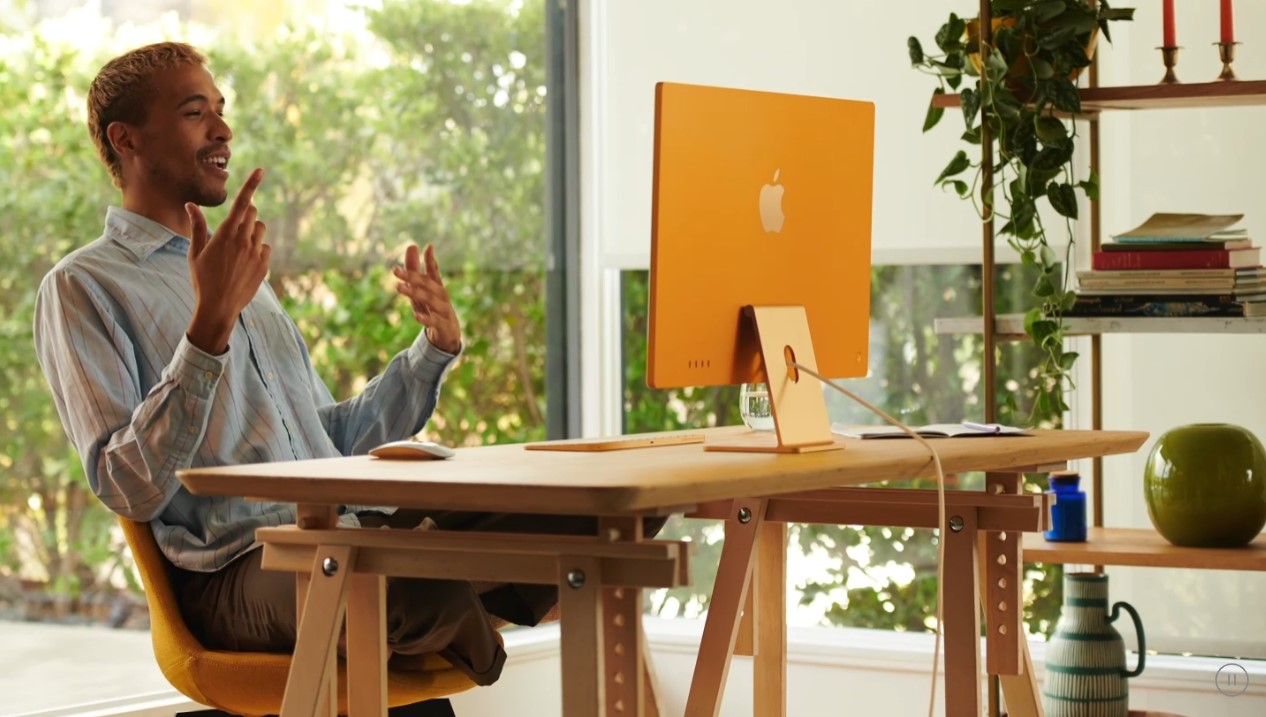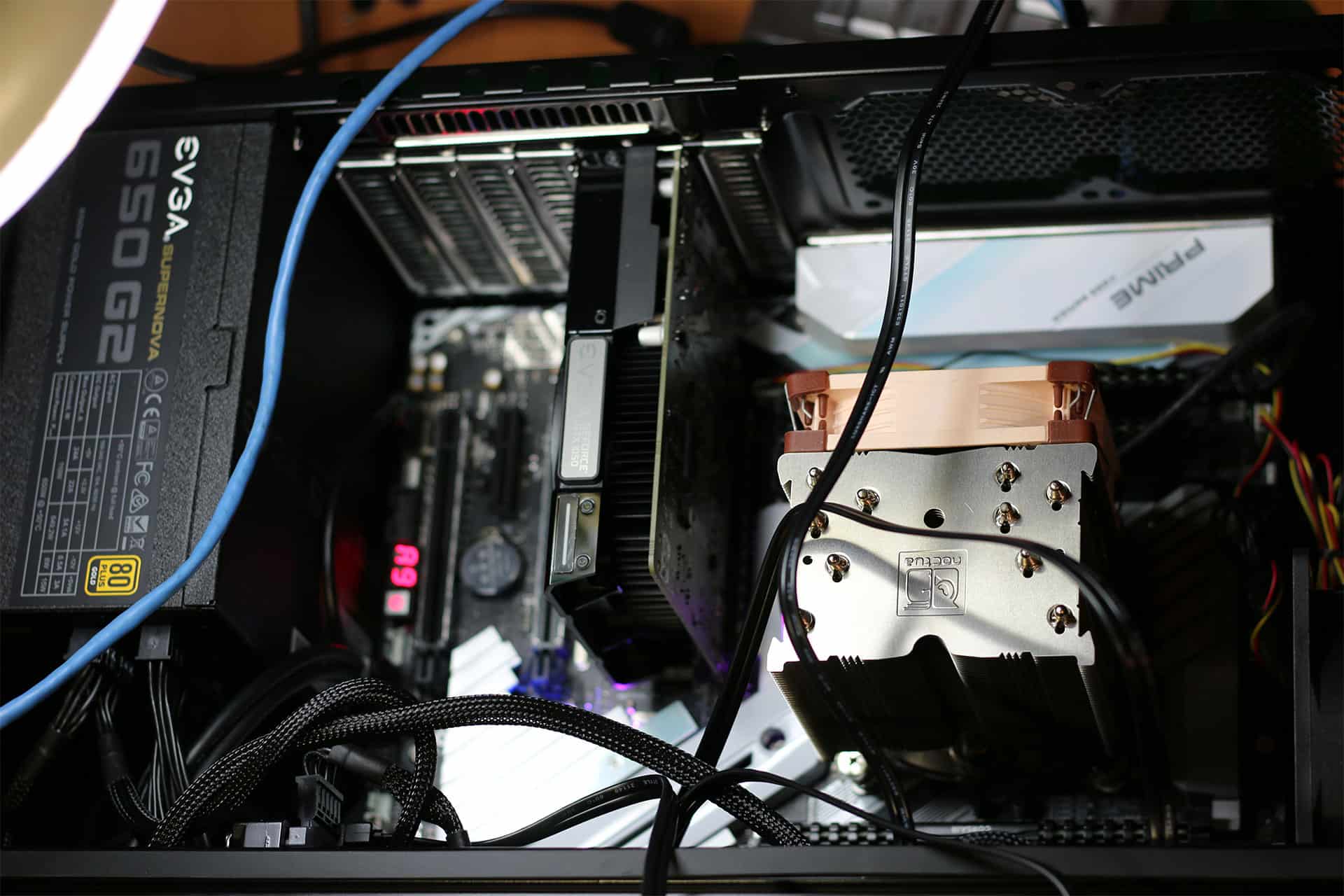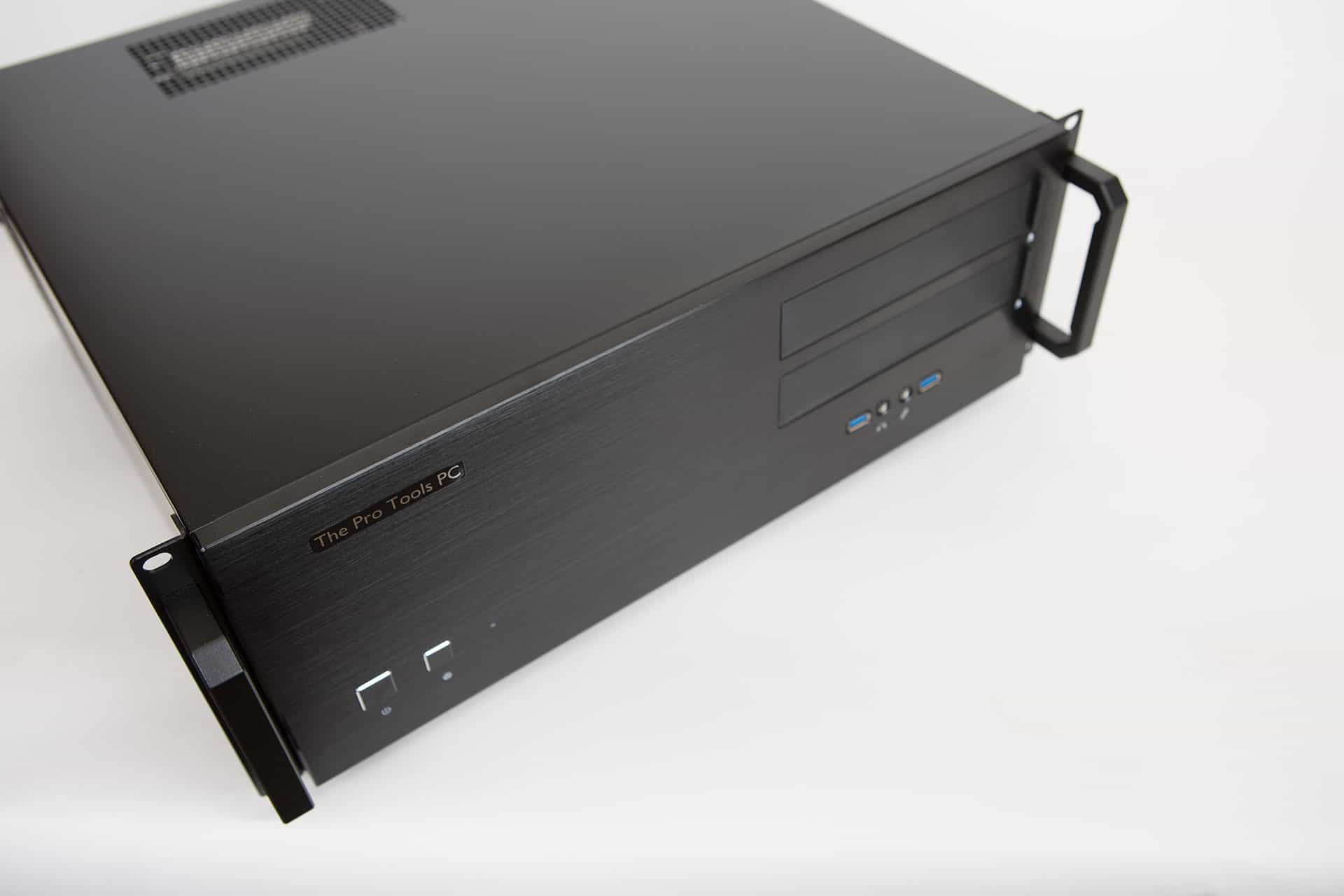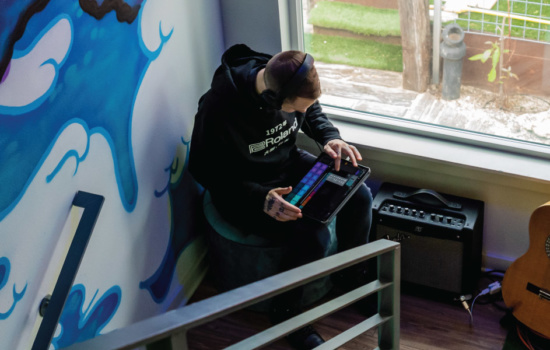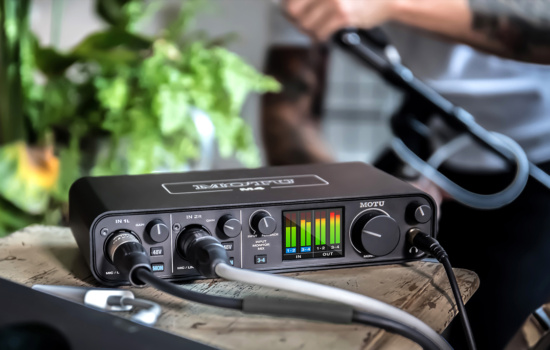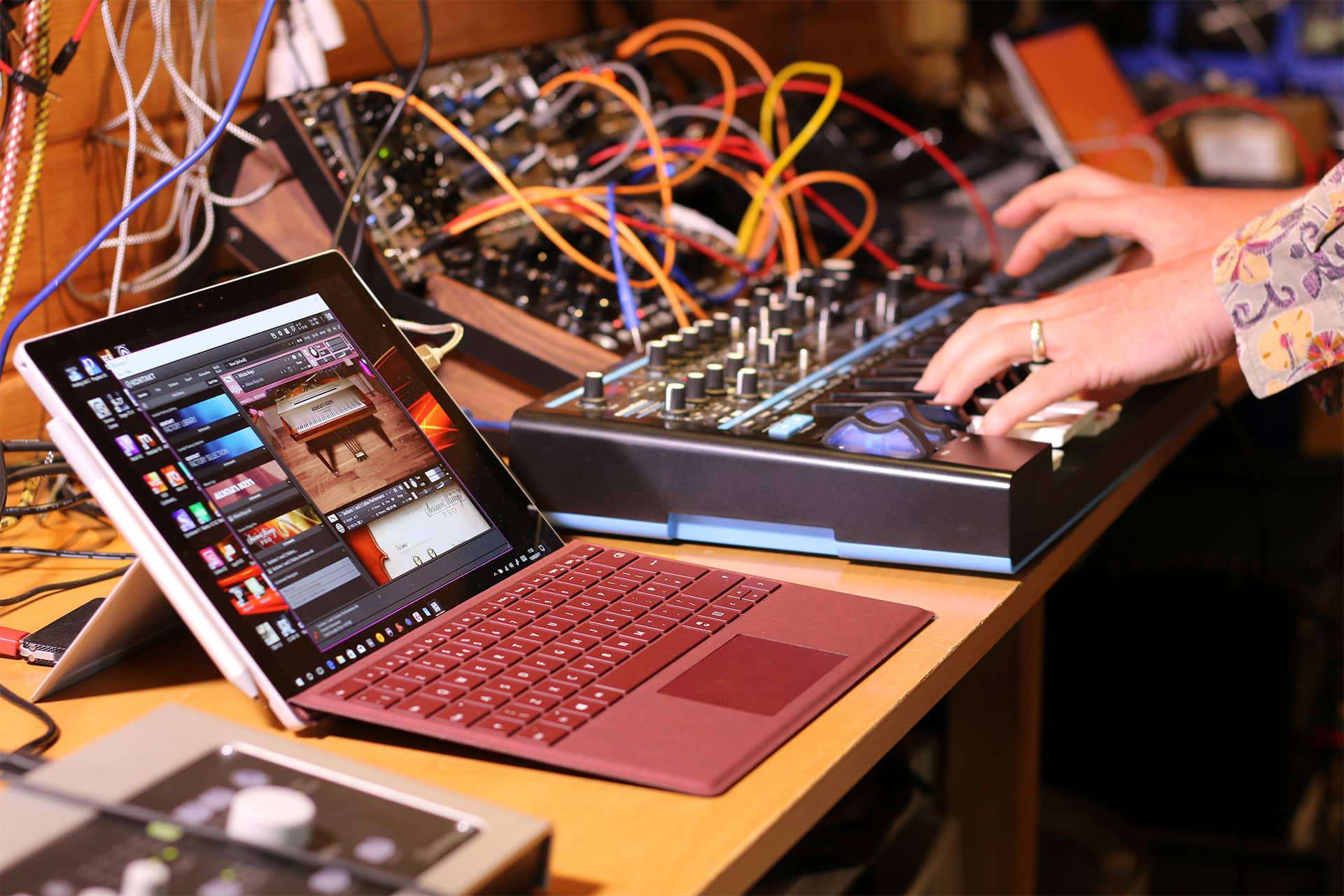So, let’s check out what Apple has to offer before we move onto the alternatives. Firstly, there’s more than one choice. There’s the iMac, the iMac Pro, the Mac Pro and the Mac mini before we begin to look at the mobile MacBook possibilities. But the one defining characteristic that brings them all together is the operating system.
MacOS is the key to the Apple platform stability. It’s a well-written OS that only has to run on a handful of computer specifications, unlike Windows which needs to be flexible enough to run on a huge range of hardware.
This narrow focus enables MacOS to be very stable and offer up very few surprises. The connection to the hardware makes it a very attractive platform for music technology developers because unlike many other computer products, DAWs require intense software running on complex third-party hardware.
When a developer of an audio interface builds the drivers for an Apple Mac they know exactly what hardware it has to connect to. When developing for PC the hardware has to work through a whole range of ports from different manufacturers. So, when they test it with the Mac, they know their device will work on every Mac. That’s not a given on a PC.
However, it also comes with a downside. Apple arbitrarily decides to remove or change ports on new ranges of Macs which instantly render many bits of expensive third-party hardware obsolete. There shouldn’t be any need to have to upgrade an audio interface; it can do its job forever. But if your next computer no longer has the ports needed to connect it then you have no choice but to replace that as well. Updates to macOS can stop various bits of software from working until they’ve also been updated which can be difficult for older software or plugins you’re using that are no longer being developed. They’ve also recently introduced a new range of processors and software often has be rewritten to work with the new platform, so before you do anything check that the software you want to run is compatible with the Mac you want to buy.
All Apple Mac computers are built to a high standard using high-quality parts which account for a proportion of their high cost. Every model of Mac is capable of running DAW software and hardware without too much trouble. The question then comes down to the level of power you need for the size and content of your projects and, of course, your budget.
The rule of thumb with any computer for music production is to aim as high as you can. This is particularly true for Apple because the after-market upgrade possibilities are extremely limited. If you think you might need more RAM in the future then you’ll need to get it now or forget about it. Apple has pushed additional storage into external Thunderbolt boxes as there’s no longer any room to add further drives or your existing ones.
So, although Apple makes excellent computers and they are a great platform for music making they are also expensive, restrictive and feel like they have in-built obsolescence. They are not for everybody.
